Colleges are being overwhelmed with active shooter hoaxes
More than a dozen colleges have reported active shooter prank calls

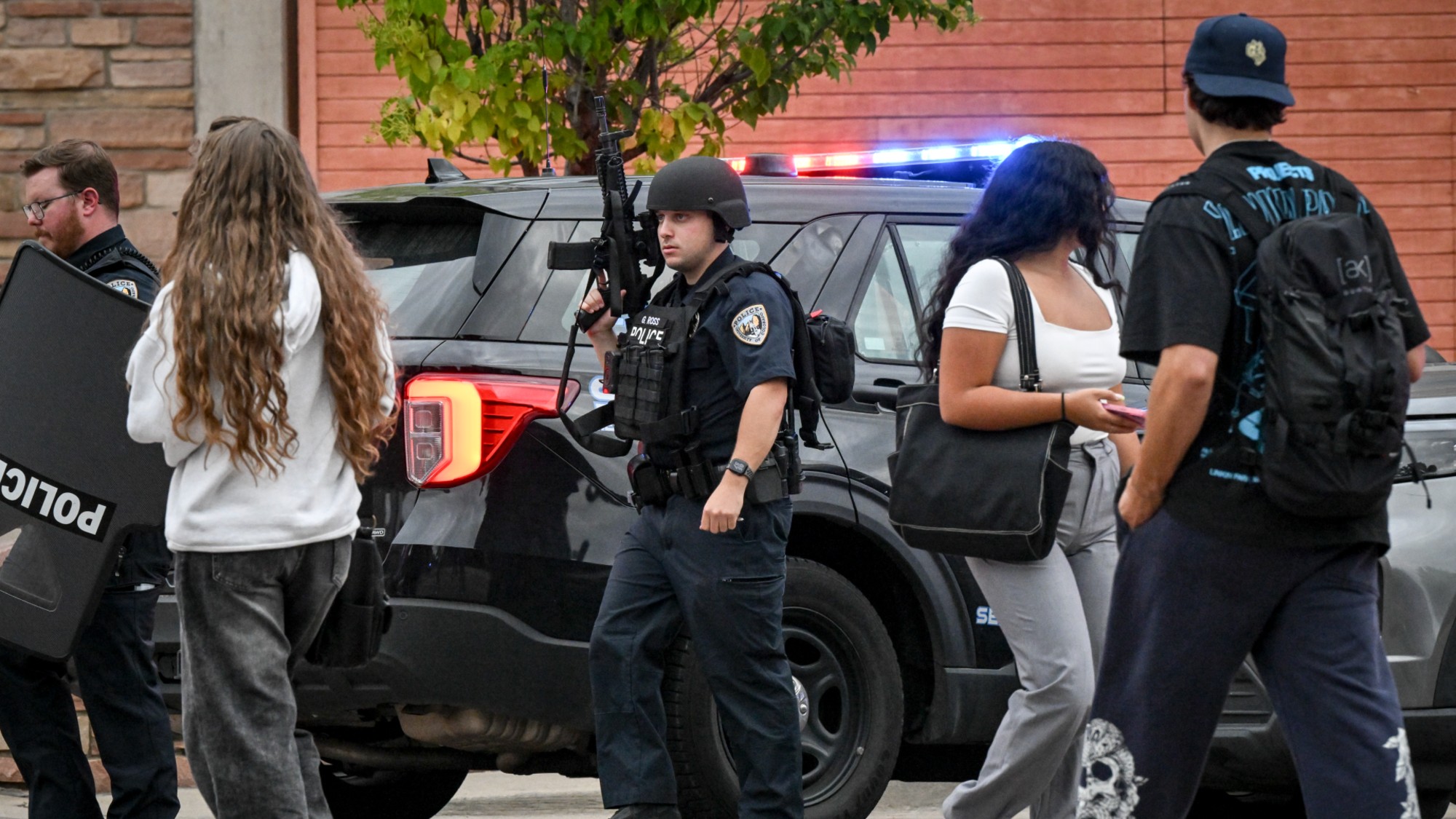
A free daily email with the biggest news stories of the day – and the best features from TheWeek.com
You are now subscribed
Your newsletter sign-up was successful
As students arrive back on college campuses for the fall semester, a nefarious aspect of online anonymity is coming with them: a slew of universities are falling victim to hoaxes involving active shooters. These pranks, in which a fake call is made about a gunman on campus, are becoming increasingly prevalent and often lead to massive police resources being wasted — not to mention the psychological impact they have on students. Researchers also say these types of hoaxes can be difficult to stop.
Victims nationwide
There has been a "rash of hoax calls about active shooters on college campuses — some featuring gunshots sounding in the background — that have sent waves of fear among students," said The Associated Press. These hoaxes, known as swatting calls, prompted universities to initiate active shooter protocols, texting students to "run, hide, fight" while "officers swarmed over campuses, seeking out any threat."
Since universities started resuming classes for the fall semester, more than a dozen campuses have fallen victim to this kind of hoax. Swatting calls at Villanova University in Pennsylvania and the University of Tennessee at Chattanooga sent students scrambling for cover, and "campuses across the country have received similar hoax calls, including Texas Tech University, Iowa State University, the University of Colorado at Boulder and Northern Arizona University," said CNN.
The Week
Escape your echo chamber. Get the facts behind the news, plus analysis from multiple perspectives.

Sign up for The Week's Free Newsletters
From our morning news briefing to a weekly Good News Newsletter, get the best of The Week delivered directly to your inbox.
From our morning news briefing to a weekly Good News Newsletter, get the best of The Week delivered directly to your inbox.
It's unclear where all of these hoaxes are originating from, but at least one online group "said that it was behind a number of recent hoax emergency calls that drew a heavy law enforcement response to college campuses," said The New York Times. The group calls itself Purgatory and "highlighted news media coverage of the recent hoaxes in a public-facing channel on Telegram," a social media app "often used by criminals."
Raising the stakes
Even though one group has taken credit for some of these swatting incidents, tracking down the perpetrators is difficult. This is partially because these swatting calls "frequently originate online, overseas or by using AI software," said Axios. The callers often use technology that allows people to "mask their identities, such as using AI-generated voices, caller ID spoofing and masking a user's IP address."
Threats to universities have had "peaks and valleys, and this one may be coming out of the valley as we're starting back to school," said Mo Canady, the executive director of the National Association of School Resource Officers, to Axios. This type of activity is a "little like bomb threats."
As these threats persist, federal officials are working to identify the perpetrators and bring them to justice. Someone found swatting a university can be federally charged with "false information and hoaxes; which could lead to up to five years in prison with a 'substantial fine;' interstate transmission of threat; which could lead to up to 20 years in jail if there is an injury involved; and wire fraud, which constitutes a 'substantial penalty, incarceration and fines,'" said Robert Boyce, retired NYPD chief of detectives, to ABC News.
This is the "time to prosecute these individuals and put it out there that these people are going to jail, or possibly could go to jail after prosecution," Boyce told ABC. There must be "serious penalties at stake for those placing these swatting calls."
Justin Klawans has worked as a staff writer at The Week since 2022. He began his career covering local news before joining Newsweek as a breaking news reporter, where he wrote about politics, national and global affairs, business, crime, sports, film, television and other news. Justin has also freelanced for outlets including Collider and United Press International.
-
 House votes to end Trump’s Canada tariffs
House votes to end Trump’s Canada tariffsSpeed Read Six Republicans joined with Democrats to repeal the president’s tariffs
-
 Bondi, Democrats clash over Epstein in hearing
Bondi, Democrats clash over Epstein in hearingSpeed Read Attorney General Pam Bondi ignored survivors of convicted sex offender Jeffrey Epstein and demanded that Democrats apologize to Trump
-
 Are Big Tech firms the new tobacco companies?
Are Big Tech firms the new tobacco companies?Today’s Big Question Trial will determine if Meta, YouTube designed addictive products
-
 Why have homicide rates reportedly plummeted in the last year?
Why have homicide rates reportedly plummeted in the last year?Today’s Big Question There could be more to the story than politics
-
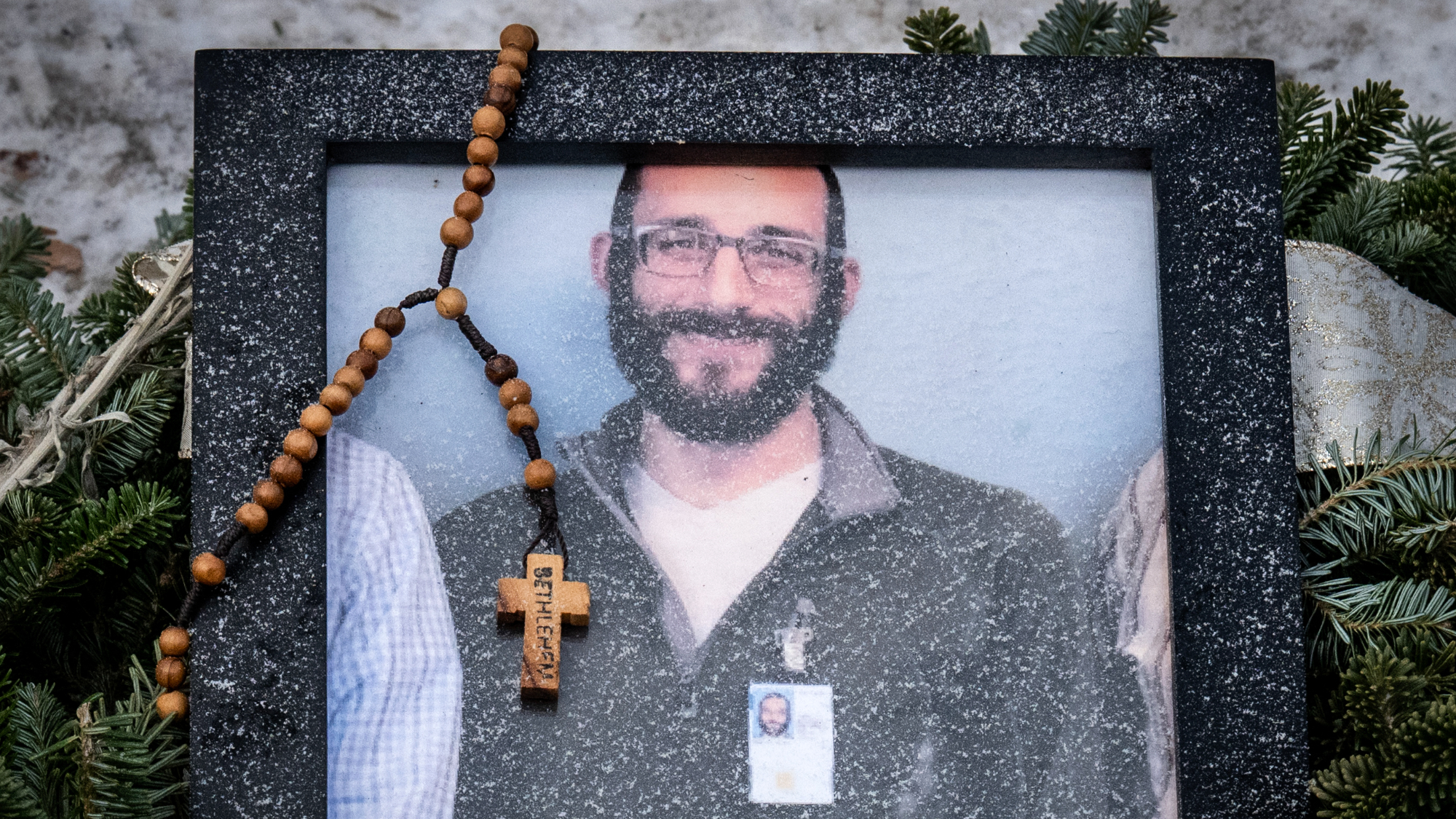 Demands for accountability mount in Alex Pretti killing
Demands for accountability mount in Alex Pretti killingSpeed Read Pretti was shot numerous times by an ICE agent in Minneapolis
-
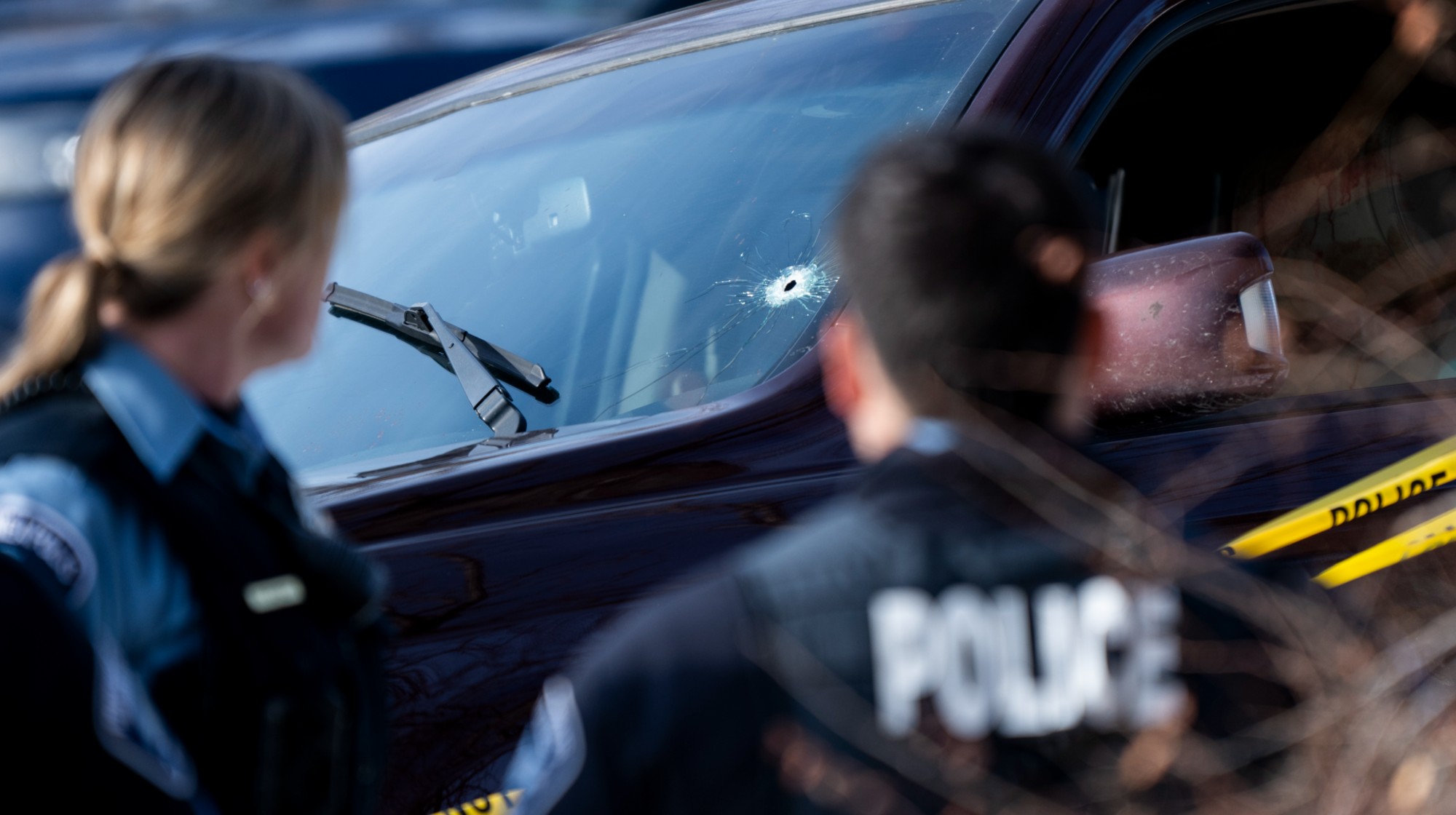 FBI bars Minnesota from ICE killing investigation
FBI bars Minnesota from ICE killing investigationSpeed Read The FBI had initially agreed to work with local officials
-
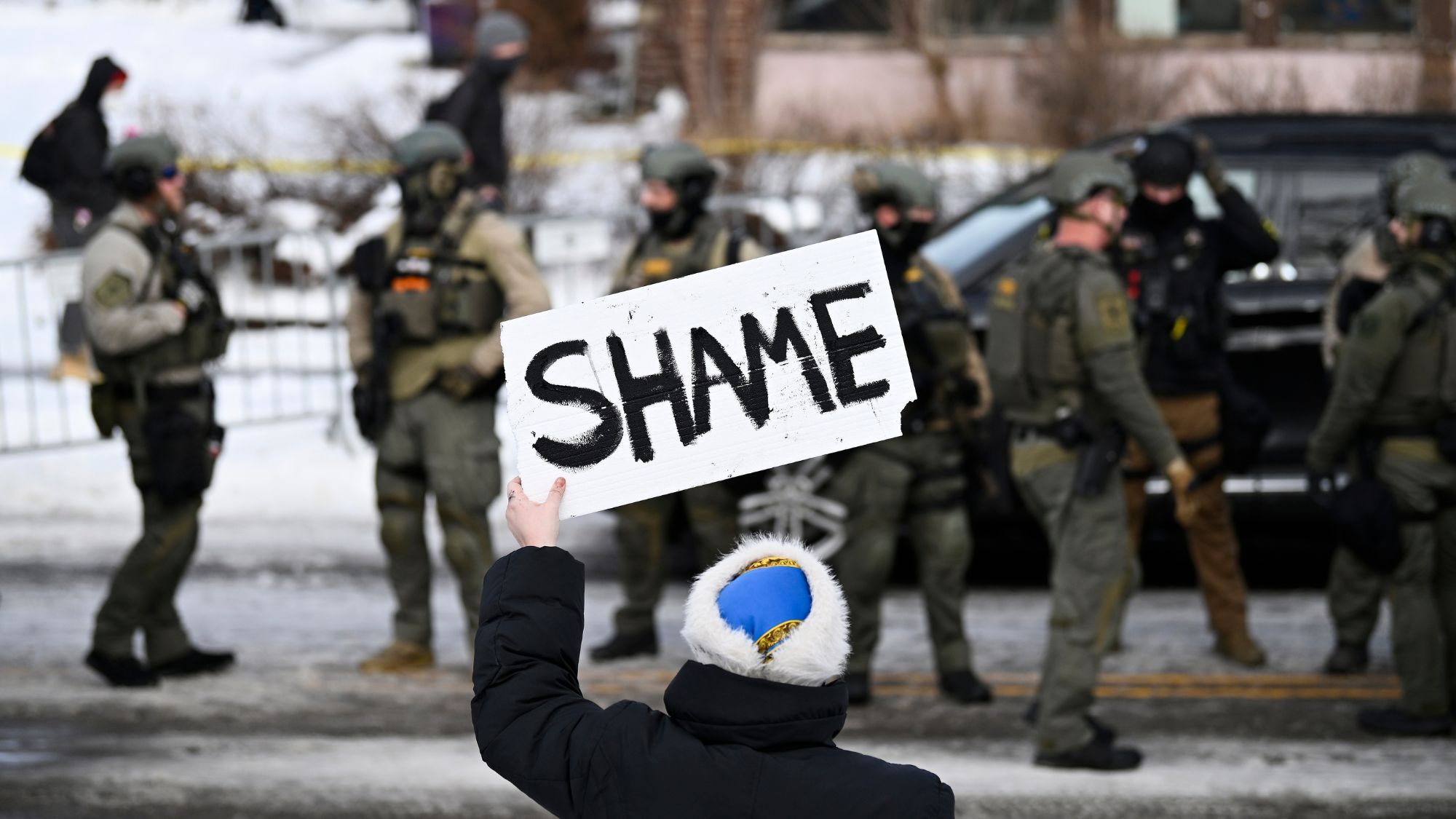 ICE kills woman during Minneapolis protest
ICE kills woman during Minneapolis protestSpeed Read The 37-year-old woman appeared to be driving away when she was shot
-
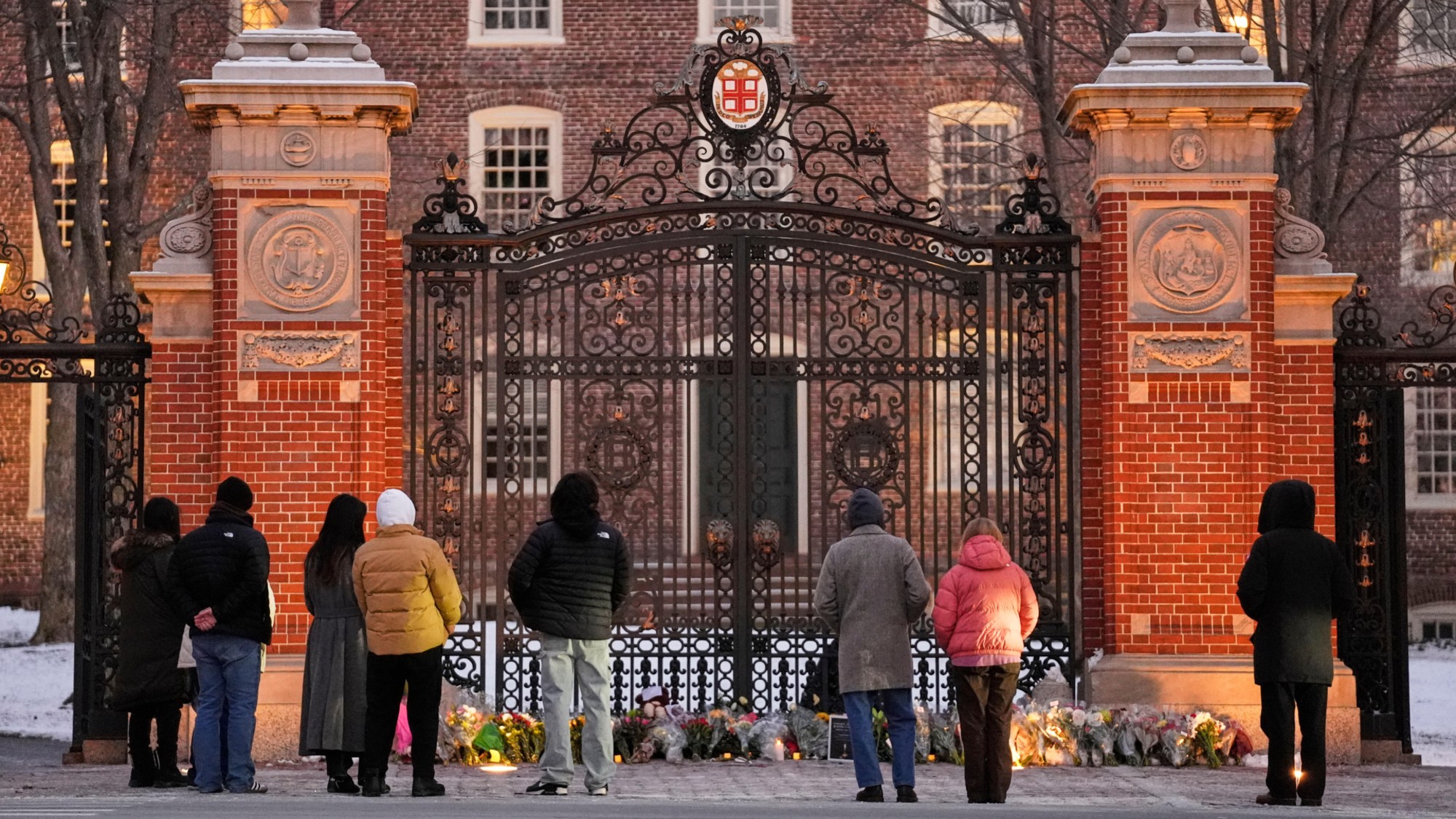 Campus security is under scrutiny again after the Brown shooting
Campus security is under scrutiny again after the Brown shootingTalking Points Questions surround a federal law called the Clery Act
-
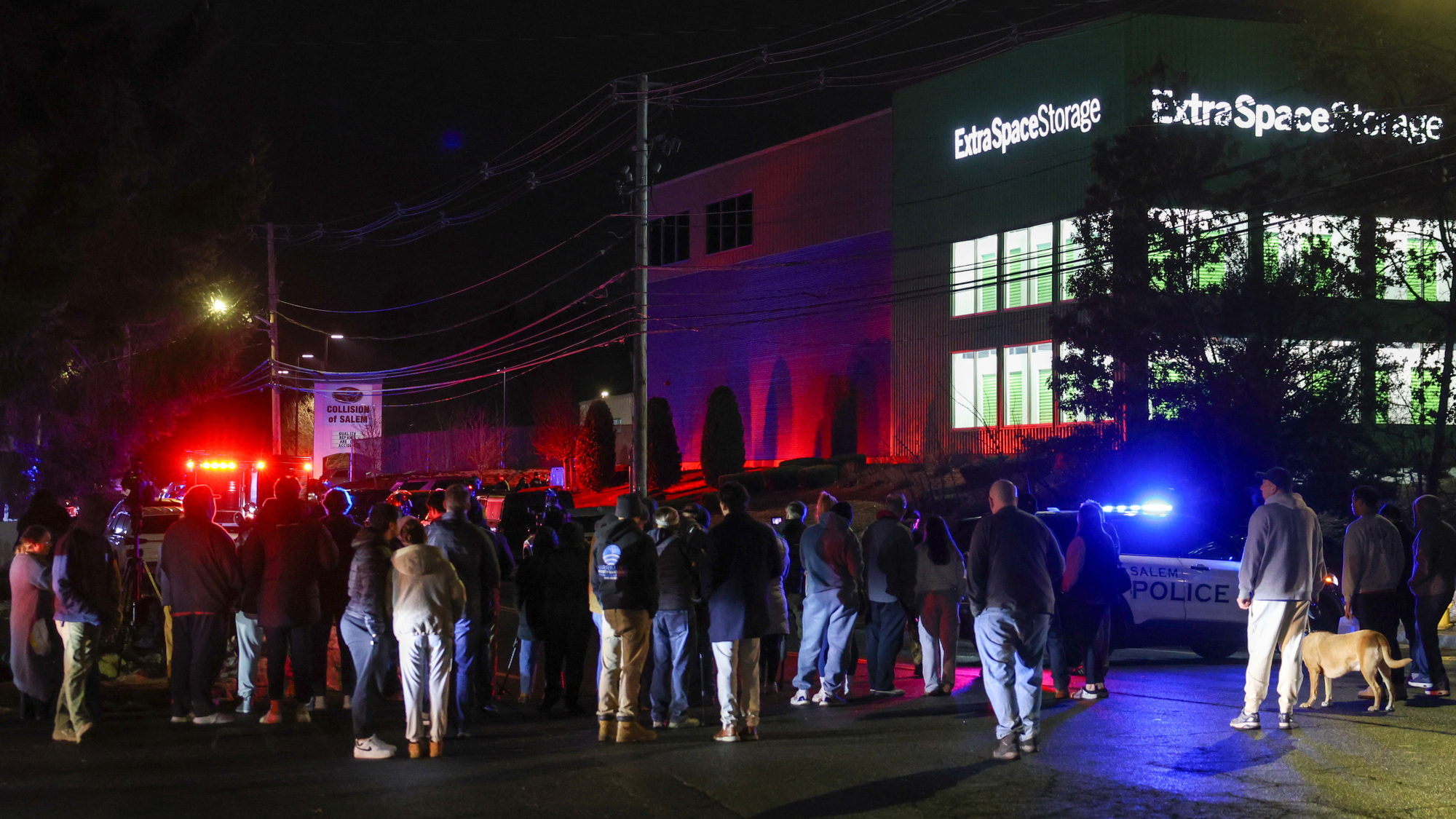 Sole suspect in Brown, MIT shootings found dead
Sole suspect in Brown, MIT shootings found deadSpeed Read The mass shooting suspect, a former Brown grad student, died of self-inflicted gunshot wounds
-
 Executions are on the rise in the US after years of decline
Executions are on the rise in the US after years of declineThe Explainer This year has brought the highest number of executions in a decade
-
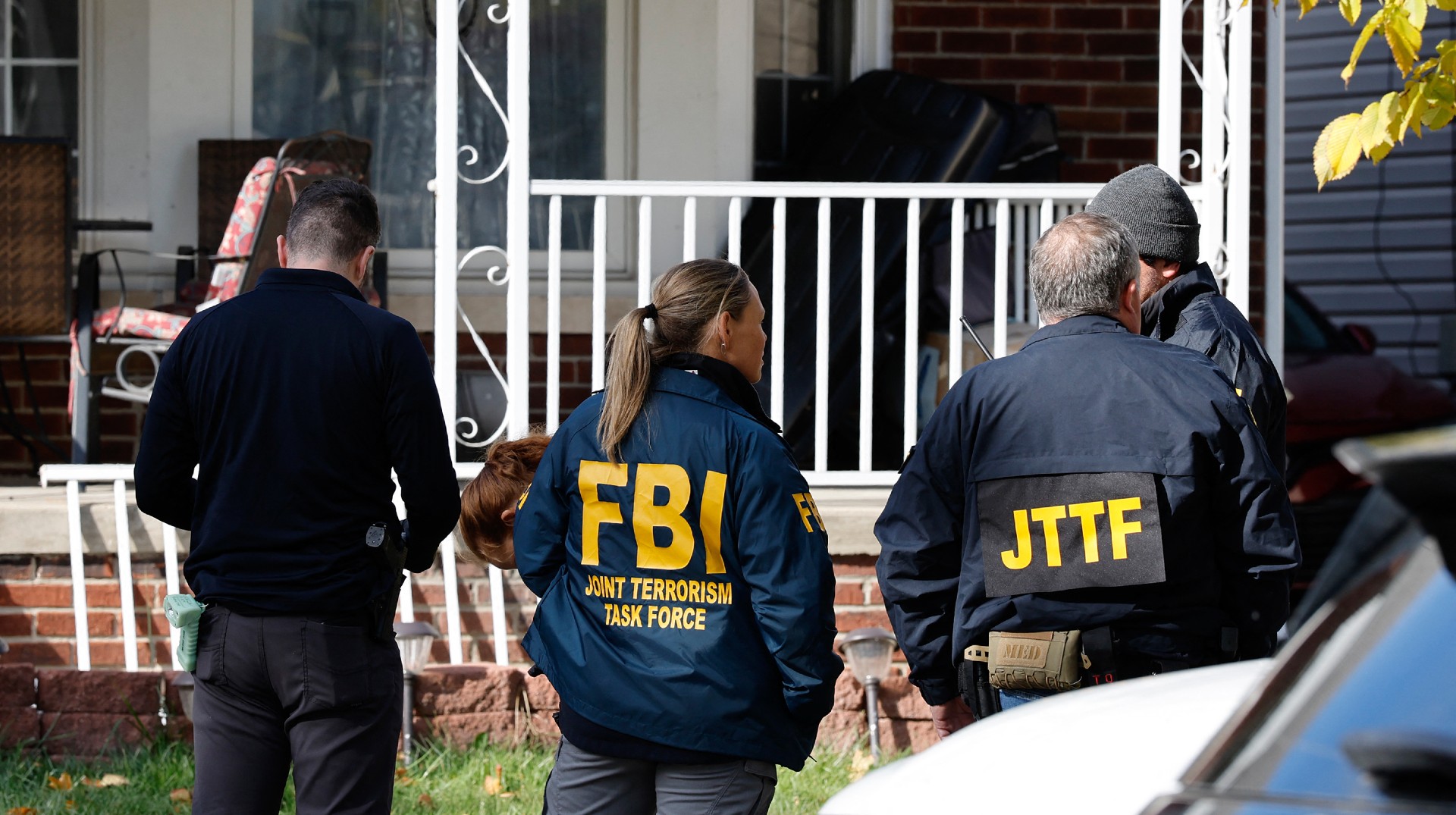 Two men accused of plotting LGBTQ+ attacks
Two men accused of plotting LGBTQ+ attacksSpeed Read The men were arrested alongside an unidentified minor
